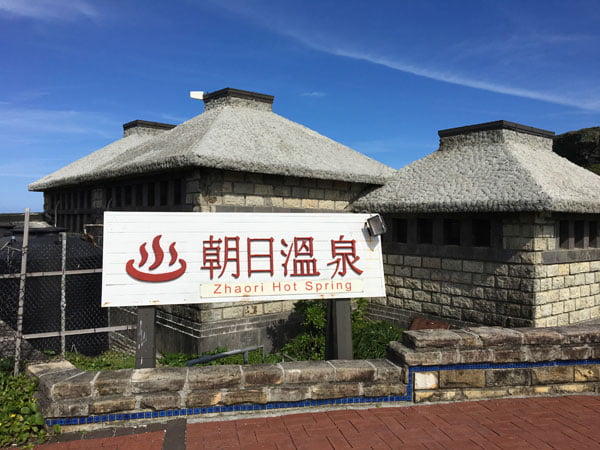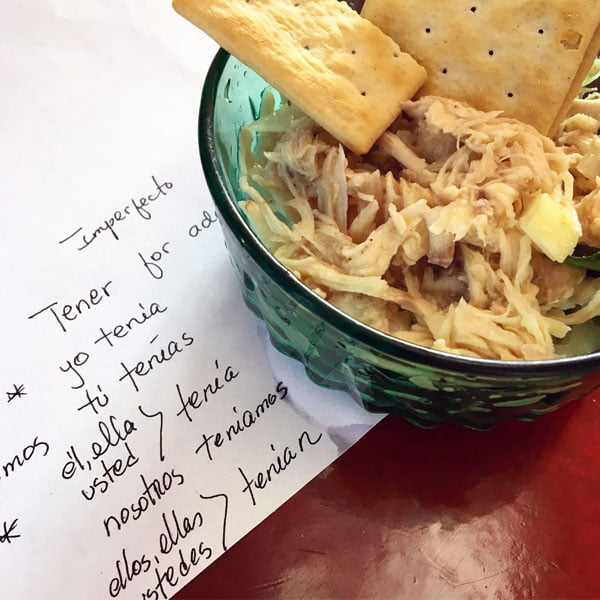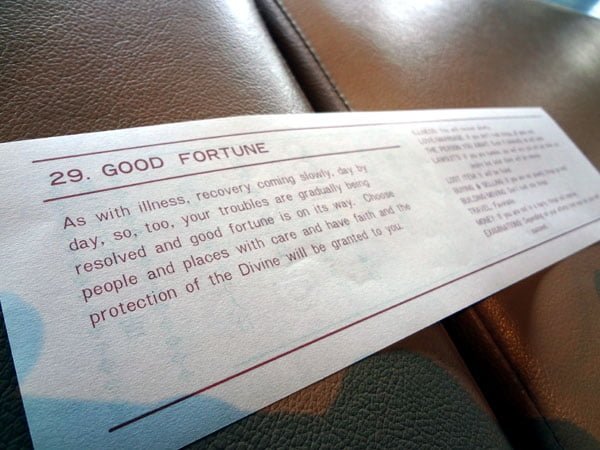Many travellers I know hate the fact that communication on the road can be quite challenging when you don’t understand the native language of the country that you are visiting. Simple things like reading signs or asking someone for directions become extra hard with a language barrier in place.
I’m pretty envious of people who are good with languages – I try to learn basic words like Hello, Thank You, Excuse Me and Beer at the very least in whatever country I visit, but languages aren’t the easiest thing for me to pick up. This got me thinking about what languages I know and how that might have helped my travels so far.
Languages I speak fluently
English
It’s a surprise to many people that I meet on the road that not only do I speak English very well, but that it is my first language. It used to bother me a lot when people assumed that I couldn’t speak English, but I do realise now that being able to speak English is actually not a common thing at all for Asians, because Asian countries generally have their own unique mother tongue and only caught on to English as the language of business and tourism in more recent years. Singapore is a bit unusual in that it was a British colony, and the government policy was for English to be that uniting language that everyone would speak regardless of ethnicity.
My family has always spoken English at home, and my education and work have been conducted mostly in English. This is the language I think and dream and write in.
Chinese
My ethnicity is Chinese and as while I’m 3rd generation Singaporean, my ancestors hailed from the southern parts of China. In Singapore, that translates into me having to learn Chinese as a second language in school as there is a mandatory bilingual policy in play. Considering my household doesn’t speak Chinese, it’s always been a tough language for me and I probably wouldn’t have gotten by school without the help of a tutor. I had to study it for a good 11 years, and even then I often got comments that my spoken Chinese had a very strong English-sounding accent.
Now that I’m older, I’m glad my parents made me tough it out even though it was frustrating at times, because I’m fluent enough for conversation and debate, though not for serious business affairs. It’s also been quite important for travel because Chinese has influenced other languages like Japanese and the olden Korean language, so even though I can’t pronounce those words, being able to read those characters gives me some context to the words.
Also, with China being one of the major driving forces of tourism, lots of people are picking up Chinese. It’s a bit bizarre to go to Seoul and shop in Myeongdong and have the sales girls come up to me speaking perfectly fluent Chinese.
Related to Chinese is Hokkien, a Chinese dialect from the Fujian province in southern China. I used to be able to speak and understand it when I was younger thanks to my Grandmother, but I hardly used it after she passed, and Singapore had stamped out dialect use in popular media in favour of pushing everyone to learn Chinese, so sadly I can’t say I have any sort of fluency in this. However, it’s quite close to Minnan, a dialect that they speak in Taiwan, so I sometimes find myself able to understand certain words though I can’t form a reply.
Languages I’ve learned
Spanish
My latest attempt at language learning is at speaking Spanish thanks to the 4 months that I spent in Latin America during my Career Break. Statistically, this is one of the most widely spoken languages worldwide, and learning Spanish will get you through the entire South and Central American region, Mexico and some parts of the United States as well as Spain.
French
I took a semester of French back in school, which was useful for basic sign reading the getting directions when I was in Montpellier when I graduated, but I find it harder than Spanish. I definitely didn’t retain very much of it though.
Japanese
I was pretty obsessed with Japanese anime and manga through my teenage and young adult years, and through that process I managed to teach myself how to read and write the Japanese Hiragana and Katakana system, as well as some frequently used Japanese terms. I’ve lost most of the reading ability now though through lack of practice, but the Japanese language doesn’t phase me as much as it does some of my friends who can’t make any head or tail of it.
Languages I want to learn
Malay
I wish we were taught some Bahasa Malay in school – it’s one of Singapore’s national languages and the language our national anthem is written in. Singapore’s Malay population is around 20%, and we border countries like Malaysia and Indonesia who speak Bahasa Malay and Bahasa Indonesian respectively (these languages are close but not exactly the same. They can kinda understand each other but not all the words are the same). I do hope to pick up some Bahasa Malay in future.
Beyond language barriers
I may have been to lots of countries where I don’t speak the local language, but I have also realized that that some things are universal, and can be communicated regardless of what you speak – a smile and a nod or a little bow can go a long way. You can do a lot with facial expressions and hand actions and some humour. Remember that speaking louder and being irritable rarely helps anyone understand you better, be patient and you’ll be surprised what kind of conversations you can have despite not speaking the same language.





Model System
Sunday 14th of July 2013
This blog has broadened my horizon about how useful languages can sometimes change the whole perspective on things. Very Nice! I appreciate you sharing this with the rest of us Jac.